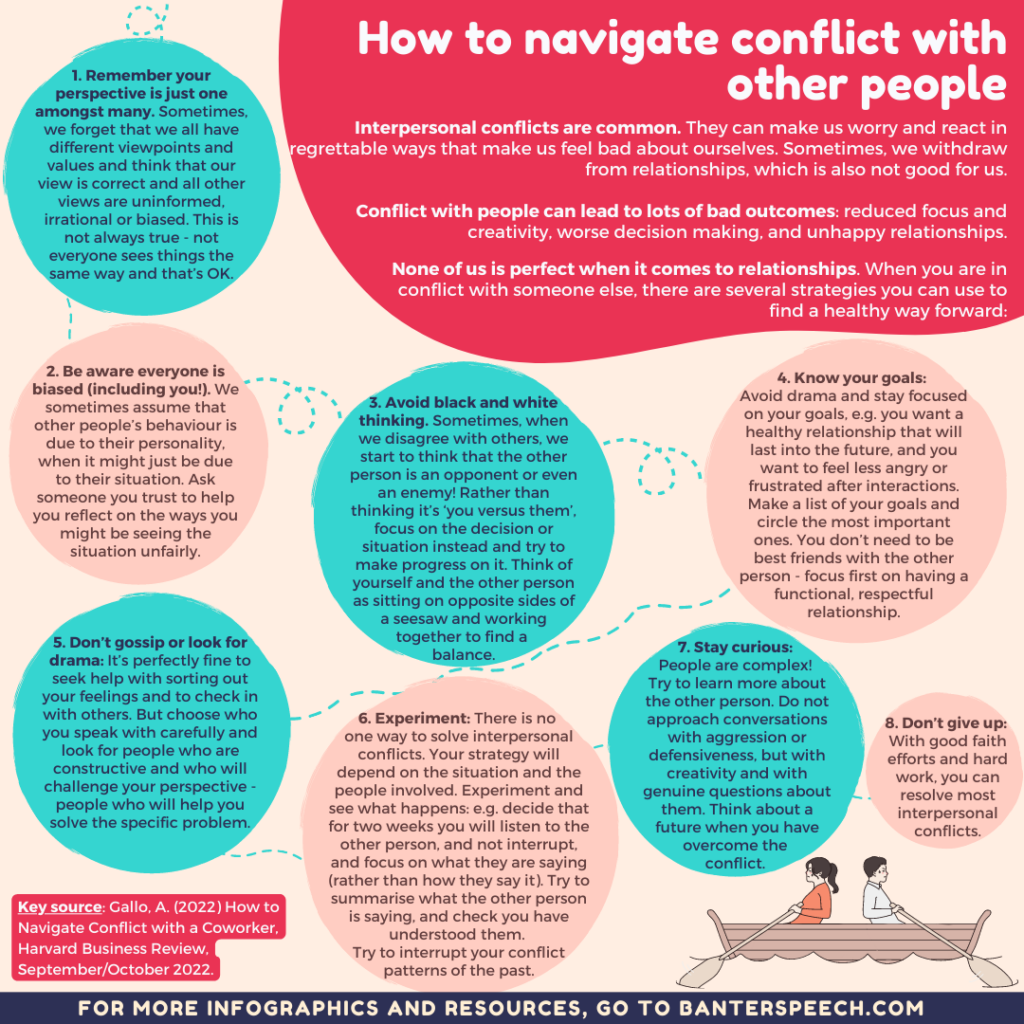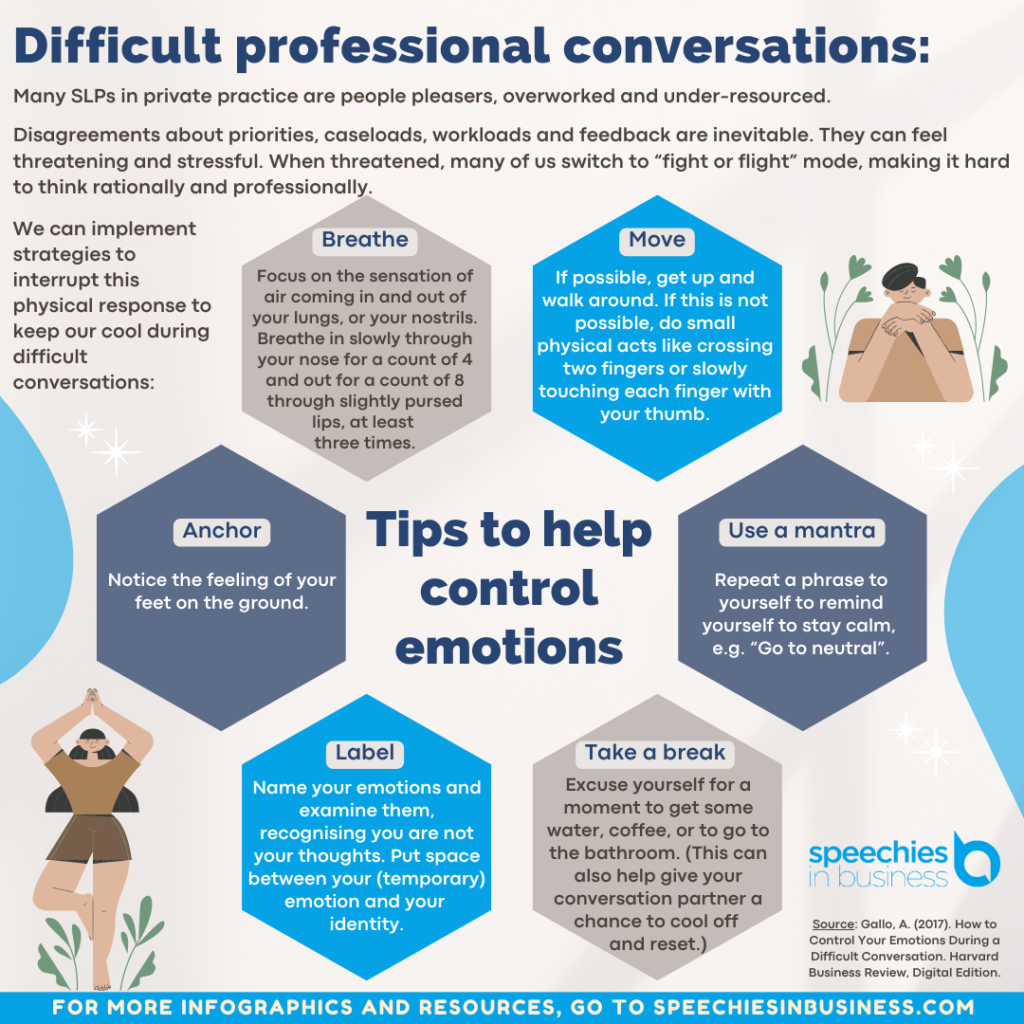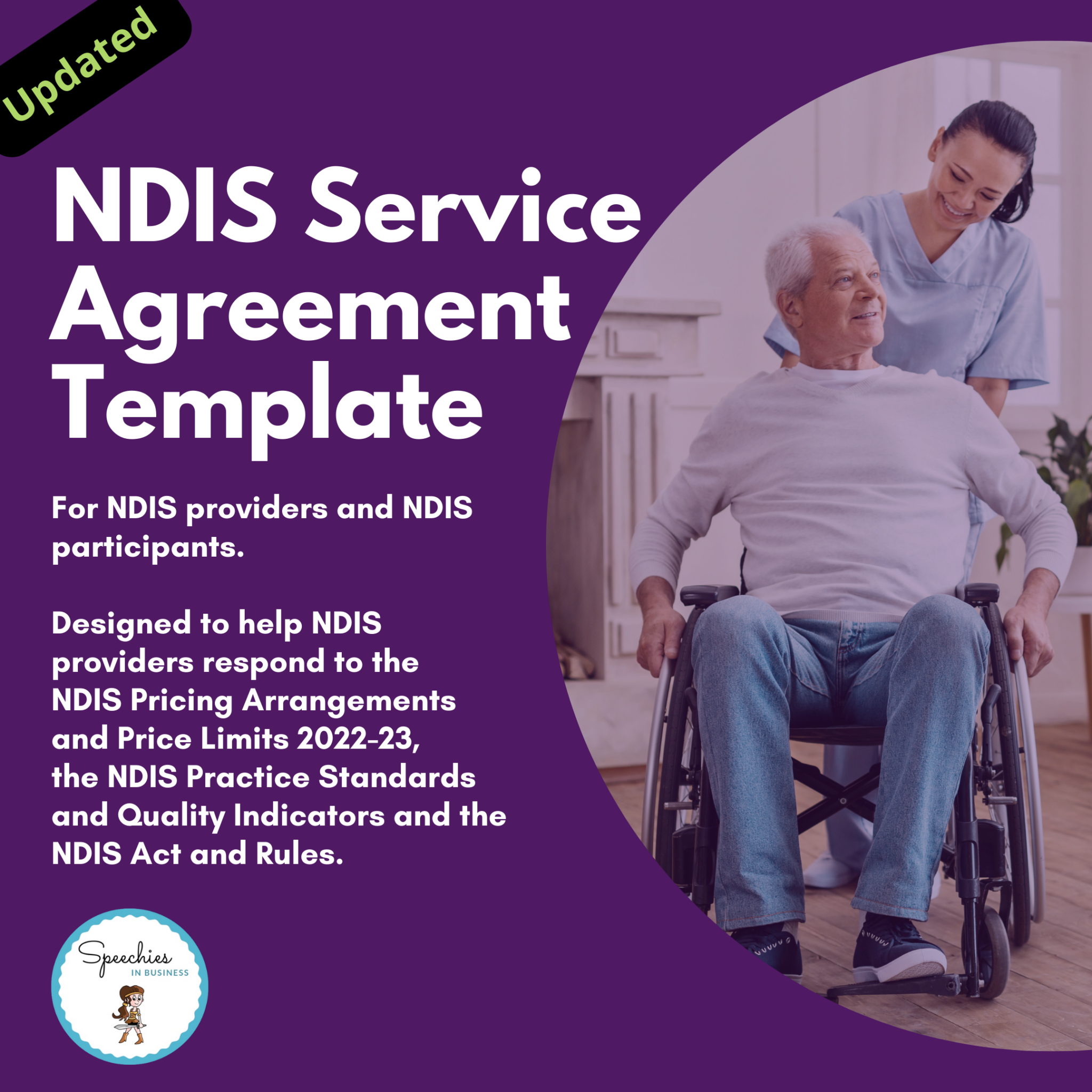The big picture
Some Australian speech pathologists think buying their own insurance is a waste of money, and that they can rely on their employer’s insurance if they get sued.
But:
Your employer might:
- not buy enough insurance;
- forget to pay their premium;
- go bust; or
- claim (with their insurer) that your alleged actions or failures aren’t covered by their policy.
Zoom in
As health professionals, every Australian SLP is required to maintain appropriate indemnity insurance arrangements, including under the:
- statutory Codes of Conduct applicable to SLPs as unregistered health practitioners or professionals; and
- NDIS Code of Conduct applicable to registered and unregistered providers.
Bottom line
SLPs can and do get sued for professional negligence. Litigation is expensive. SLPs should seek professional advice as to the type and amount of insurance they need. We think you should have at least $20 million of coverage.
Read more
Code of Conduct – Non-registered Health Practitioners: see section 13.
NDIS Code of Conduct for Providers: see paragraph 50.
Disclaimer: we have done our best to ensure that this information is correct as at the date of publication (1 October 2024). The information is intended to be general only and is not legal advice. Formal legal or other advice should be sought for particular circumstances or for matters arising from this information.










